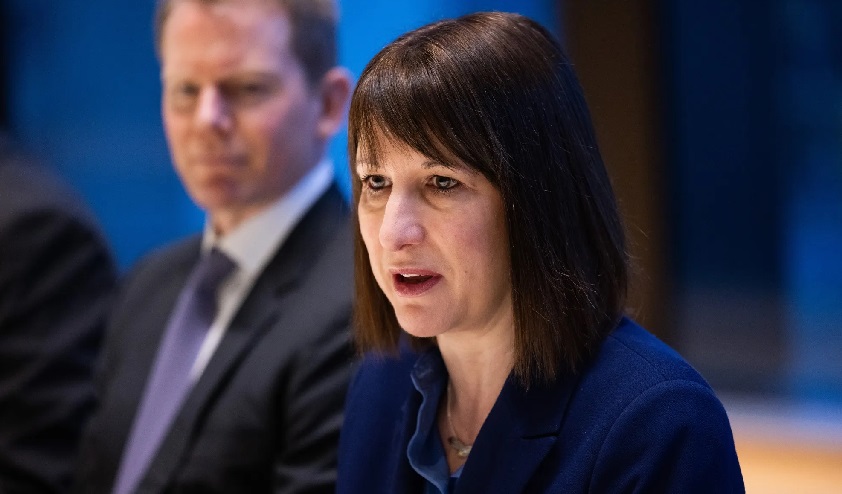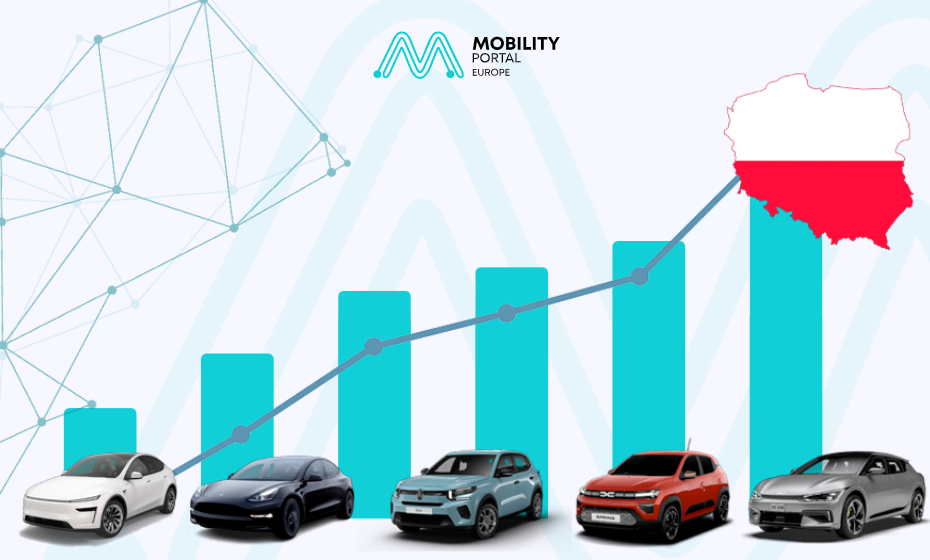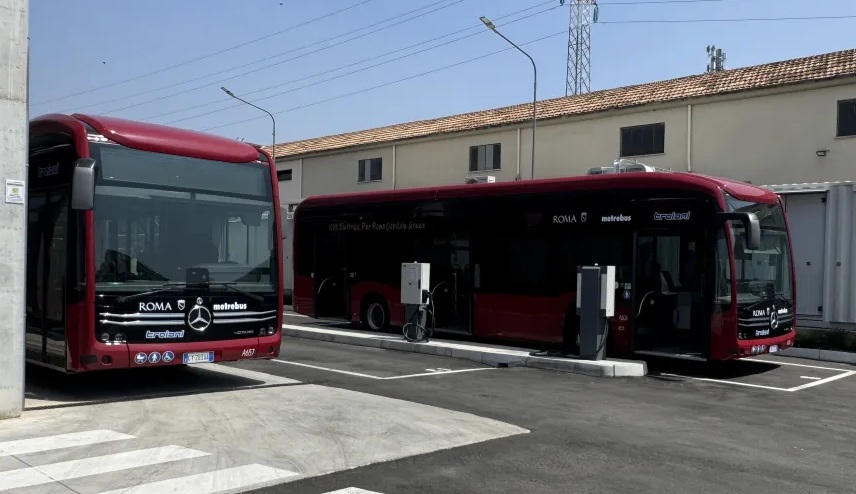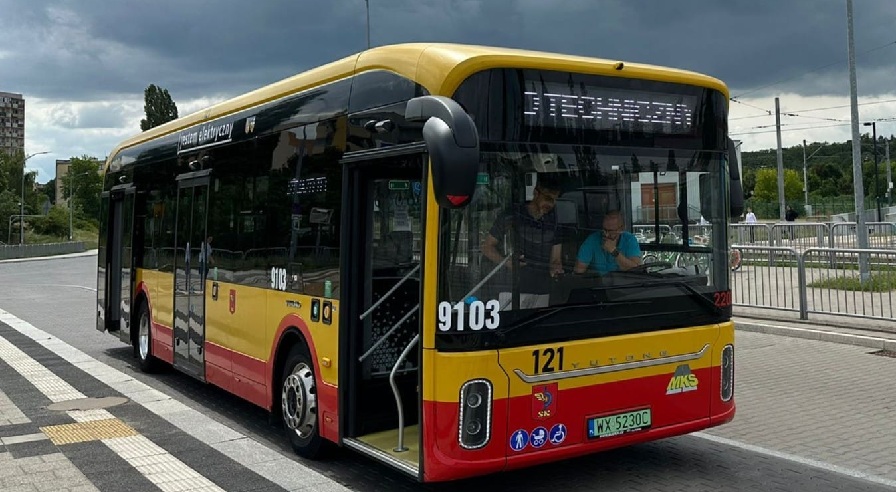Chancellor Rachel Reeves has failed to announce cuts to VAT on electric charging points, with millions of drivers left in uncertainty as costs continue to rise.
Industry experts and carmakers have been calling for Reeves to cut the VAT on public charging stations from 20 per cent to five per cent in a bid to increase incentives for drivers to switch away from petrol and diesel vehicles.
The need for the cuts comes as the United Kingdom (UK) pushes forward with its Zero Emission Vehicle (ZEV) mandate, which requires at least 28 per cent of new car sales to be electric by this year before moving to 100 per cent in 2035.
But the car industry has warned that without more support to increase the purchase of electric cars, this target could be missed.
Changes to the VAT rate would help put an extra 267,000 electric vehicles (EVs) onto UK roads
By cutting VAT, electric car owners would pay the same amount at a public charging station as they would when charging their vehicle at home.
Sue Robinson, Chief Executive of the National Franchised Dealers Association, stated: “The Spring Statement did not provide an update on the electrification of the UK car parc.”
“This transition provides a huge economic opportunity for the UK and the Government needs to be incentivising consumers to purchase a new vehicle, which will drive growth in the UK economy,” she added.
Eurig Druce, Group Managing Director at Stellantis UK, had previously warned that while the path to electric has been set, there is a “real risk of creating a two-tier motoring system where those with a driveway pay less to get around than those without, and that can’t be right”.
Meanwhile, Matt Galvin, Managing Director at Polestar UK, stated that the car brand has been calling for VAT on public charging to be brought into line with home charging “for some time now”.
He said that it is an “urgent requirement” to support EV adoption, particularly to encourage the private buyer, and “prevent unfair costs” to motorists without driveways.
He added: “Manufacturers have invested billions of pounds in EV technology to meet mandates, and now the industry needs the Government to play their vital role in achieving a net zero car market, which is pivotal to improve air quality and slow down climate change.”
The cost of charging at a public station has been met with heavy criticism by the industry over the years, alongside a push to introduce more rapid and ultra-rapid chargers.
What costs do EVs face?
Electric cars will be subject to Vehicle Excise Duty for the first time from April 1.
EVs had previously been exempt from paying tax, before former Conservative Chancellor Jeremy Hunt announced the change.
From April 1, electric car drivers will need to pay the lowest first-year rate of vehicle tax set at ten pounds before moving to 195 pounds for the second tax payment, falling in line with both petrol and diesel owners.
EVs will also be subject to the Expensive Car Supplement, otherwise known as the luxury car tax, which is an additional levy paid by cars which cost more than 40,000 pounds.
Earlier this month, the Public Accounts Committee released a report which warned that if the VAT issue “is not remedied, then different and sometimes disadvantaged groups will face inequalities in the cost of driving”.
Source: GB News
READ MORE
-
eMobility Revolution in Poland: June Sets All-Time Record with 3,779 Registrations
With a 79% year-on-year increase, the sixth month of 2025 marked the best performance in both volume and market share for zero-emission vehicles in the country. The NaszEauto programme and the entry of Chinese brands have been key drivers of this expansion.
-
ABB E-mobility powers 100 eBuses in Rome with new charging system
So far, 64 charging points and 10 mobile Terra 54HV chargers have been installed. Electrification efforts will continue this year, with plans to expand the site and install additional chargers. Why did Autoservizi Troiani choose ABB?
-
Polish city to add 30 Yutong electric buses
Białystok will add 30 state-of-the-art U12 electric buses. As part of the agreement between the city and the National Fund for Environmental Protection and Water Management, the city will also receive depot charging stations.










